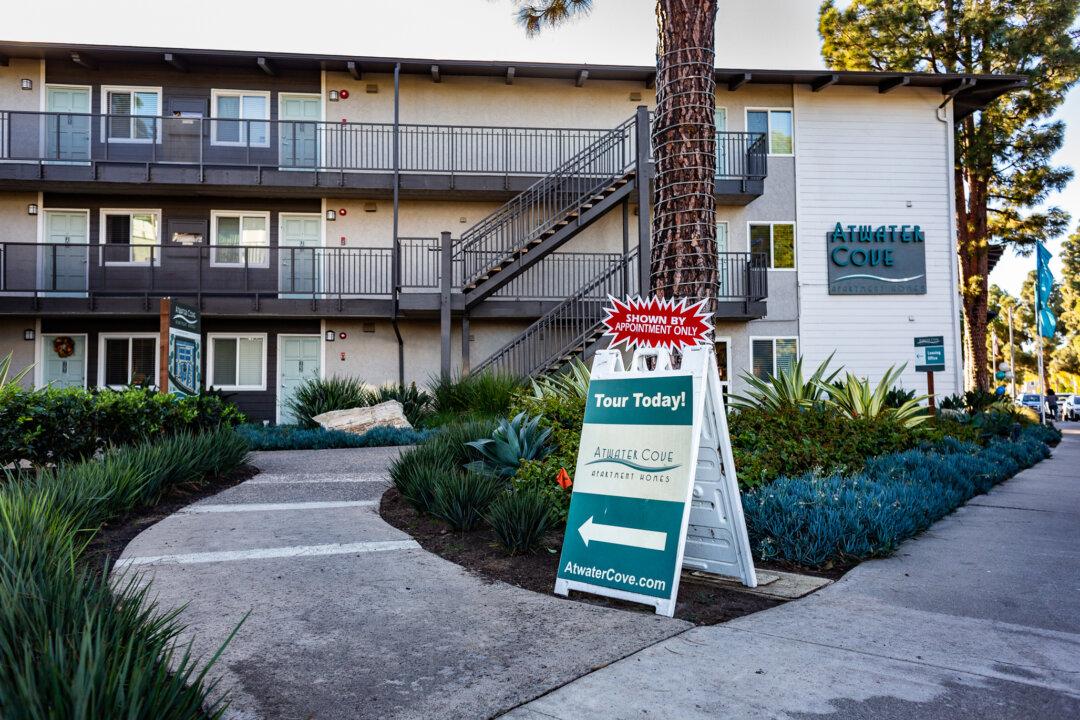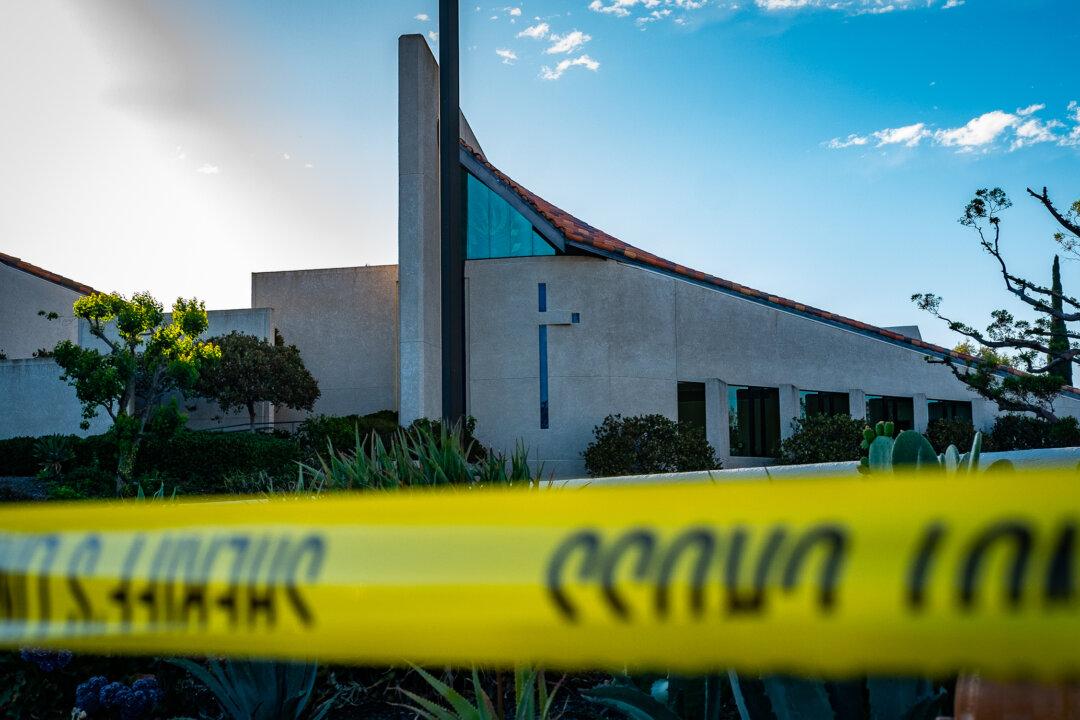Southern California landlords are eagerly waiting to receive tenant rent relief from the state amid the eviction moratorium that’s set to expire Sept. 30.
It’s been about a month since landlord Carrie Cunningham-Holmes submitted paperwork to the state to be compensated for her tenant’s unpaid rent in Los Angeles County. While Cunningham-Holmes has nearly 10 tenants that aren’t paying their rent, she needs the pending money to keep the lights on.




